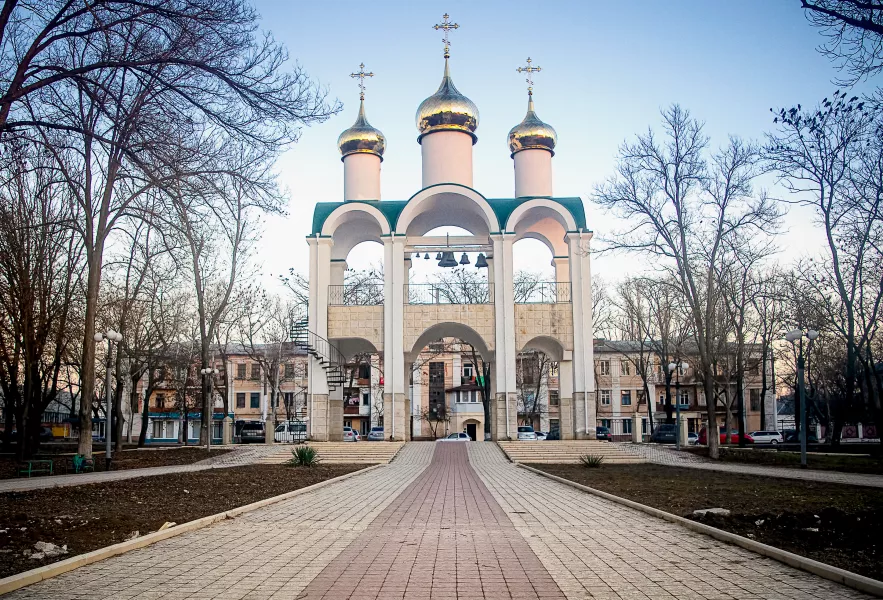These bizarre destinations certainly aren’t fictional, but whether they’re real depends who you ask…

In the breakaway state of Transnistria, the Soviet Union never really ended. A large statue of Lenin stands guard outside the parliament building in Tiraspol, above which flies a national flag adorned with a hammer and sickle.
Sandwiched between the Dniester River and a national border with Ukraine, Transnistria is internationally recognised as part of Moldova, but Russian soldiers, investment and influence regardless reign supreme.
Legally it doesn’t exist, but Transnistria has its own currency and police force, and attendees at one of Transnistria’s extremely militaristic Independence Day parades may come away unconvinced.

A spiritual and geographic successor to the protectorate of British Somaliland, this semi-state in the horn of Africa was independent for exactly five days in 1960 before being subsumed into the new republic of Somalia.
The struggle for full statehood has worn on ever since, including an exceptionally bloody civil war, but despite decades of democratic elections the region has made little headway internationally.
Despite its difficulties, Somaliland is widely considered safer for foreigners than the rest of Somalia, and law and order is arguably better kept in regional capital Hargeisa, than in national capital Mogadishu.

Officially part of the Caucasian nation of Georgia, Abkhazia fought a war of secession with its mother country in the early 1990s, declared independence in 1999, and signed a “strategic partnership” agreement with Russia in 2014.
Once known for its Black Sea resorts popular with the Soviet elite, Abkhazia’s picturesque waterfronts are enjoyed only by the most intrepid travellers and the situation remains sensitive.
The state has its own flag, its own government, and even its own (relatively useless) passport, but is distinctly lacking for international recognition. To summarise, it’s all rather complicated.

Classed as one of the most sparsely populated regions in the world, it’s almost surprising that there’s been so much kerfuffle over the deserted dunes of Western Sahara, recognised by most observers as part of Morocco.
A renegade republic has set up shop in the area’s southern reaches – lined with minefields and military – and a lot of maps still demarcate the region with dotted lines. Today, a few enterprising tour operators are starting to cash in on the region’s untouched dunes, and surprisingly active kite-boarding scene.
This is only entry on this list no one would fight a war over. The United Nations couldn’t recognise Sealand even it wanted to, because it’s a man made platform in the English Channel barely larger than a football pitch.
A World War Two fort 12 kilometres off the coast of Suffolk, Sealand was claimed by Paddy Roy Bates in 1967 after two decades as a pirate radio station, and promptly declared independence from the UK government.
After decades of inconsequential campaigning – and deafening silence from Westminster – the Sealand regime is no closer to statehood, but it does have 23.6 thousand followers on Instagram.







